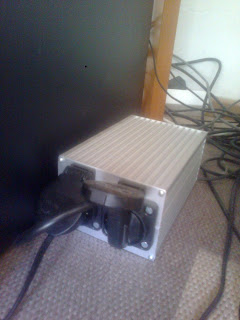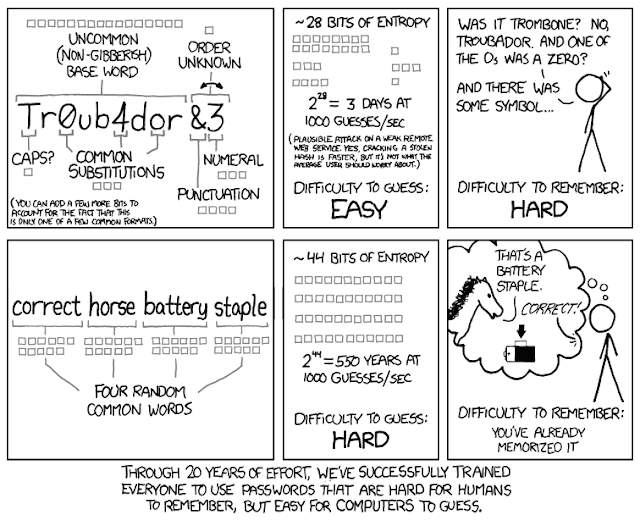Guess why only 2 out of the Top 500 Super Computers use Windows? Guess why every major company uses UNIX or Linux servers?
Here are 5 reasons:
1. Stability
Linux systems are well known for their ability to run for years without failure. In fact, many Linux users have never seen a crash. That's great for users of every kind, but it's particularly valuable for small and medium-sized businesses, for which downtime can have disastrous consequences.
Linux also handles a large number of processes running at once much better than Windows does, that's something, in fact, that tends to degrade Windows' stability quickly.
Then there's the need for rebooting. Whereas in Windows configuration changes typically require a reboot, causing inevitable downtime, there's generally no need to restart Linux. Almost all Linux configuration changes can be done while the system is running and without affecting unrelated services.
Similarly, whereas Windows servers must often be defragmented frequently, that's all but eliminated on Linux. Let your competitors endure the plentiful downtime that inevitably goes hand-in-hand with Windows, trusty Linux will keep you up and running and serving your customers around the clock.
2. Security
Linux is also innately more secure than Windows is, whether on the server, the desktop or in an embedded environment. That's due largely to the fact that Linux, which is based on Unix, was designed from the start to be a multiuser operating system. Only the administrator, or root user, has administrative privileges, and fewer users and applications have permission to access the kernel or each other. That keeps everything modular and protected.
Of course, Linux also gets attacked less frequently by viruses and malware, and vulnerabilities tend be found and fixed more quickly by its legions of developers and users. Even the six-year-old kernel bug that was recently fixed for instance, an extremely rare instance in the Linux world, had never been exploited.
Internally, meanwhile, users of a Windows system can sometimes hide files from the system administrator. On Linux, however, the sys admin always has a clear view of the file system and is always in control.
3. Hardware
Whereas Windows typically requires frequent hardware upgrades to accommodate its ever-increasing resource demands, Linux is slim, trim, flexible and scalable, and it performs admirably on just about any computer, regardless of processor or machine architecture.
Linux can also be easily reconfigured to include only the services needed for your business's purposes, thus further reducing memory requirements, improving performance and keeping things even simpler.
4. TCO
There's no beating Linux's total cost of ownership, since the software is generally free. Even an enterprise version purchased with corporate support will be cheaper overall than Windows or other proprietary software, which generally involve user-based licensing and a host of expensive add-ons, especially for security.
Same goes for most of the tools and applications that might be used on a Linux server. The overall TCO simply can't be beat.
5. Freedom
With Linux, there is no commercial vendor trying to lock you into certain products or protocols. Instead, you're free to mix and match and choose what works best for your business.
In short, with all the many advantages Linux provides in the server realm, it's no wonder governments, organisations and major companies around the world, including Amazon and Google, rely on the open source operating system in their own production systems.
If you're looking for a Linux distribution to run on your business's servers, you'd do well to consider
CentOS (or RHEL, the paid version from
Red Hat that CentOS is based on),
Slackware,
Debian and
Gentoo.




